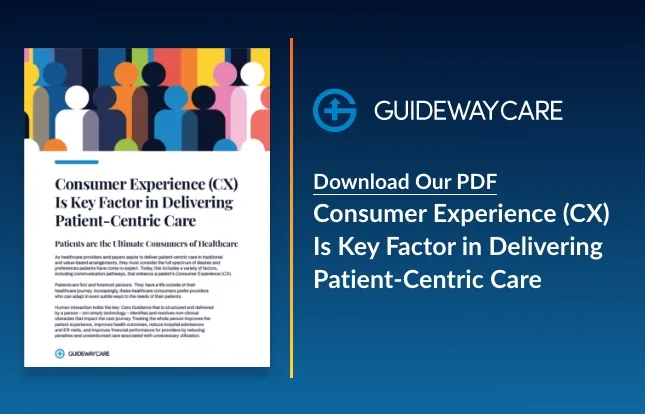Unlocking the Power of Care Guidance in Memory Care

Key Points:
- Supporting seniors with Mild Cognitive Impairment (MCI): learn how care guidance plays a crucial role in assisting seniors with mci, offering personalized support and strategies to maintain cognitive function.
- A human-centric approach: discover the value of human interaction through specially trained “care guides,” bridging the gap between healthcare providers and patients with mci, ensuring faster responses and continuous support.
- Prioritizing cognitive health and wellness: uncover the importance of early detection and diagnosis of mci, empowering seniors with personalized care that revolves around them as individuals, not just their diagnosis.
We are thrilled to share our recent contribution to babyboomers.com, where we explore the importance of care guidance in supporting seniors with Mild Cognitive Impairment (MCI). As the baby boomer generation ages, cognitive changes become more pronounced and conditions like MCI become increasingly prevalent.
MCI is a common condition characterized by a slight decline in cognitive abilities beyond what is considered normal aging but not severe enough to be diagnosed as dementia. Early detection and diagnosis of MCI are crucial to prompt intervention and the start of care management that can potentially slow down or prevent further cognitive decline.
This is where care guidance steps in. Our personalized approach, led by specially trained care guides bridges the gap between healthcare providers and patients with MCI. Care guides assist seniors in understanding physician instructions, managing medications, scheduling follow-up appointments, arranging transportation and addressing other non-clinical issues related to MCI. With Care Guidance, seniors receive the right care, at the right time, in the right place, leading to better outcomes and improved quality of life.
The human element of care guidance is what makes it invaluable. Seniors appreciate having a dedicated partner who can solve practical problems, providing faster responses and continuous support. Care guides ensure that clinical issues are promptly escalated to the appropriate clinical care teams, offering a comprehensive and holistic approach to care.
Moreover, adopting certain lifestyle changes, like staying physically and mentally active and maintaining a balanced diet, can help reduce risk factors for cognitive decline. Care Guidance not only focuses on managing MCI but also takes into account an individual’s specific health needs and socioeconomic condition, offering personalized support that revolves around the person, not just the diagnosis.
At Guideway Care, we believe in humanizing care, as technology alone may not always suffice. Our aging population deserves the attention and understanding that only human interaction can provide. Care Guidance is a “must-have” component of modern-day care models, and we encourage healthcare navigators and health plans to offer this personalized care to seniors on their journey with MCI and other diseases.
Contact us for more insight into how Guideway Care, as your partner, could implement an efficient and effective Care Guide solution that delivers on the promise of health equity based on the needs of the patient populations in your community and prioritize cognitive health and wellness for your aging patient population.
Contact Us Today To Learn How We Can Help
"*" indicates required fields




